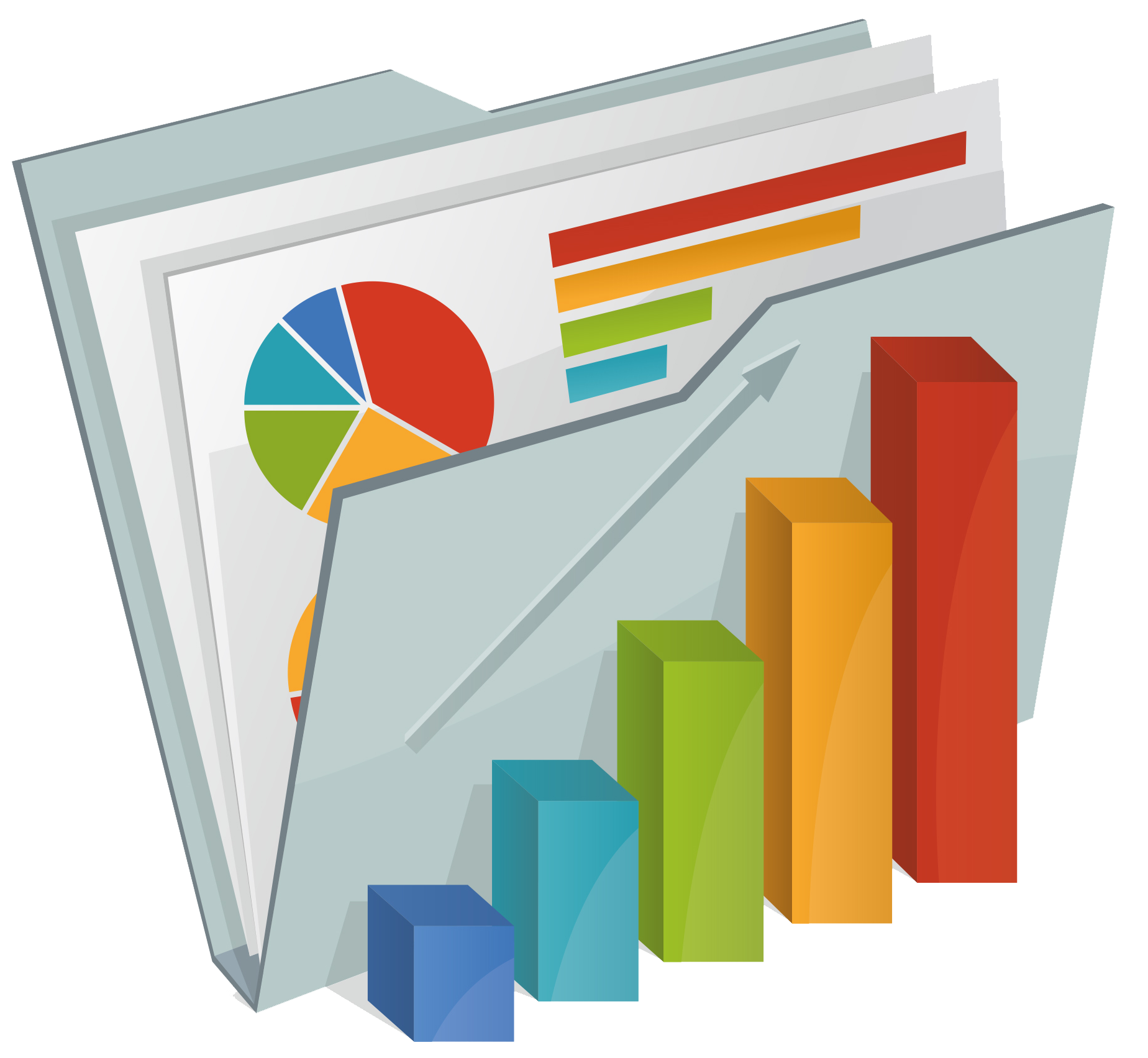In today's polarized world, the role of political reporters is more essential than ever before. Journalists are the gatekeepers of information, shaping open public discourse and democracy itself. However, with great power arrives great responsibility. Personal reporters must regularly balance the tightrope of objectivity in addition to advocacy, ensuring their particular work informs rather than misleads. This weblog post explores typically the ethical landscape regarding political reporting, giving insights and methods for journalists, press consumers, and personal analysts to understand in addition to uphold ethical standards.
Understanding the Position of Objectivity
Objectivity in political revealing means presenting information without bias or even personal opinion. But what does it truly entail? Objectivity entails rigorous fact-checking, well balanced sourcing, and the commitment to fact over personal or political gain. For example, journalists need to seek multiple opinions and avoid employing loaded language that could skew typically the reader's perception. It’s about offering a comprehensive view of activities and issues, enabling the audience to form their own views according to unbiased information.
However, achieving pure objectivity is much easier said than completed. Human beings, like journalists, naturally have got biases shaped by way of a experiences, beliefs, and even values. This will be why transparency will be key. Acknowledging potential biases and attempting to mitigate them can go the long way in maintaining credibility.
The Problem of Advocacy
Proposal journalism, on the particular other hand, consists of promoting a certain viewpoint or goal. While this kind of journalism can always be powerful in getting awareness of underreported problems, it poses a significant challenge in order to objectivity. The line between informing and convincing can become blurry, and readers might find it difficult in order to distinguish between informative reporting and opinion-based content.
As an example, a new journalist passionate about weather change might compose compelling pieces suggesting for policy modifications. While the lead to may be just, raise the risk lies inside compromising factual precision for emotional attractiveness. Striking an equilibrium will be crucial; advocacy must not overshadow the commitment to truth and even fairness.
Ethical Issues in Political Confirming
Ethical dilemmas inside political reporting are typical and multifaceted. Think about the case of whistleblowers. While their disclosures can lead in order to significant public interest stories, furthermore they raise questions about privacy, legality, and prospective harm. Journalists must weigh the public's right to recognize against the possible repercussions for people and national protection.
Another example consists of the use regarding anonymous sources. Whilst these sources can easily provide valuable observations, they also cause risks. Anonymous ideas should be corroborated with additional proof, and journalists should ensure they aren't being manipulated or spreading misinformation.
Typically the rise of cultural media has further complicated ethical things to consider. In the competition to break news, the particular risk of revealing unverified information has grown. Journalists must prioritize accuracy over rate, as the consequences of spreading fake information can be far-reaching and harming.
Strategies for Handling Objectivity and Advocacy

Balancing objectivity and even advocacy requires some sort of deliberate and thoughtful approach. Here are some strategies intended for journalists and media organizations:
Diversify Options: Engaging with a new variety of resources can help current a balanced view. This particular includes seeking out voices from different political, social, and economical backgrounds.
Fact-Check Rigorously: Ensuring accuracy by means of thorough fact-checking will be non-negotiable. This requires cross-referencing information from numerous credible sources.
Keep Transparency: Being clear about potential biases and conflicts associated with interest can help build trust using the audience. In the event that a journalist supports a particular trigger, acknowledging this upfront can offer clarity.

Independent News from Thoughts and opinions: Clearly distinguishing involving factual reporting in addition to opinion pieces helps avoid confusion. View articles should always be labeled as this kind of and kept distinct from news reports.
Ongoing Ethics Coaching: Providing regular coaching on ethical specifications and dilemmas can assist journalists stay educated and prepared to handle complex situations.
The Impact associated with Ethical Reporting on the Public
Ethical reporting plays a critical role in surrounding public opinion in addition to trust. When press adhere to large ethical standards, that they lead to an informed and engaged citizenry. This, in turn, fortifies democracy by enabling citizens to make well-informed decisions.
Conversely, underhanded reporting can go public trust in addition to fuel misinformation. The spread of faux reports and sensationalism undermines the credibility associated with media institutions, generating it harder intended for the public to detect truth from falsity. That is why maintaining honest standards is certainly not just a specialized duty but a new societal imperative.
Take into account the example of typically the Watergate scandal. Government Affairs Analysis and persistent confirming by journalists resulted in uncovering one involving the biggest politics scandals in You. S. history, finally resulting in the particular resignation of Us president Nixon. This case exemplifies the power of honest journalism in having those in electrical power accountable and protecting democratic principles.
Summary
The balance in between objectivity and advocacy in political revealing is a fragile one. Journalists maintain a distinctive position of influence and must navigate this responsibility with integrity, openness, plus a commitment to be able to truth. By knowing the ethical challenges and employing techniques to address them, journalists can make sure their work leads to positively to open public discourse and democracy.
For media consumers and political analysts, recognizing these issues and supporting honest journalism is every bit as important. Together, many of us can foster some sort of media landscape of which values truth, justness, and accountability. If you’re interested throughout learning more about ethical political revealing or need individualized advice, consider interesting with professionals devoted to this trigger.
